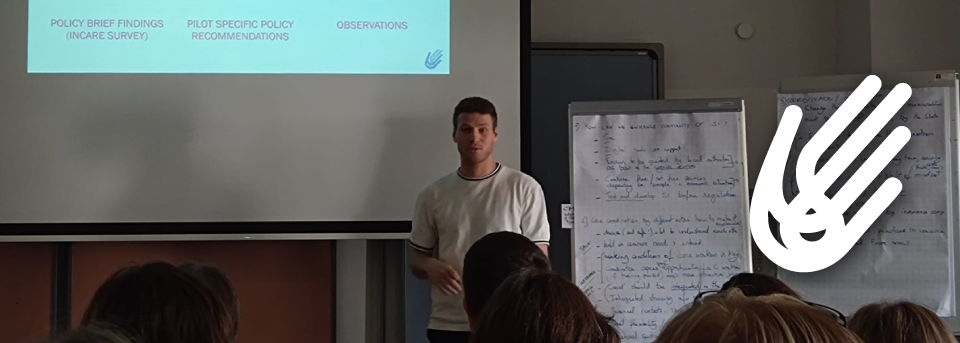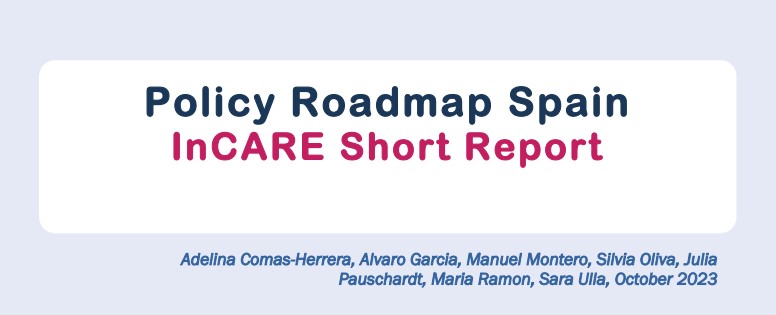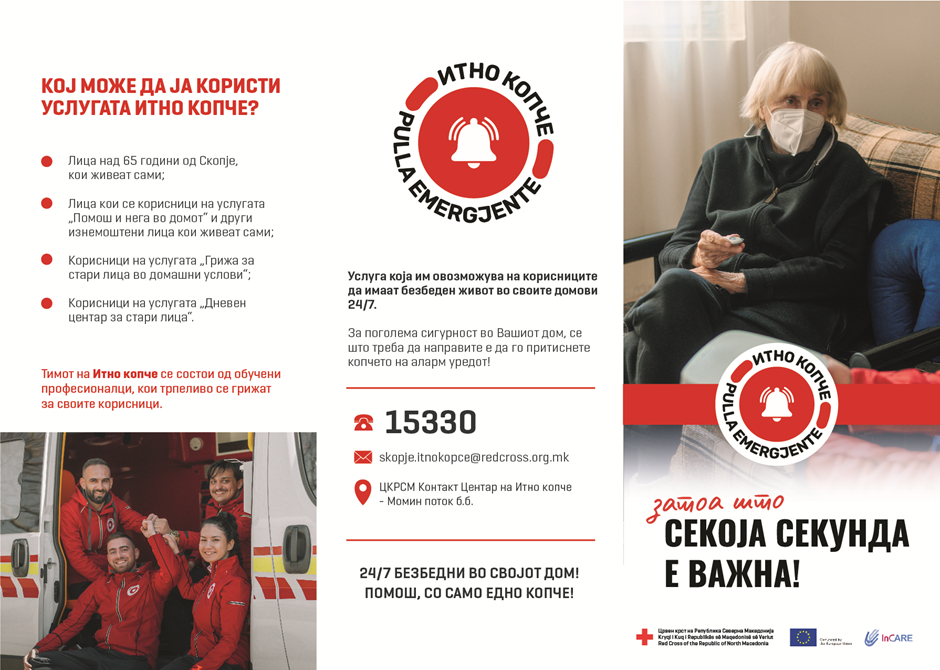The InCARE project aimed to improve the knowledge base and pilot test how to develop…

Mutual reinforcement between research and policy-making (Vilans)
The pilots have now entered the final stages of the InCARE project. An impressive trajectory in which various ways of data collection have been performed. All the pilots collected data through an initial online survey on attitudes, experiences, and expectations of long-term care, an analysis of the status quo through situational and SWOT analyses, as well as projections of future costs of long-term care based on expected service use. Also, policy information events were organized in the different pilot countries. Based on all of these activities, the pilot partners have worked out or are currently working on forming a policy roadmap that presents recommendations for the future development of the long-term care systems in the pilot countries. Such recommendations aim to facilitate the adaptation and suitability of social innovations into the long-term care landscapes and national contextual settings.
In order to drive change, generating mutual reinforcement between research and policy seems of great importance. Research can give the necessary arguments for desired policy adjustments to facilitate further implementation of social innovations in long-term care. At the InCare final conference, pilots presented their first recommendations, focused on different domains.
Data management is one of them, since the development of shared or at least compatible information systems between social and health care is recommended to take advantage of the existing information, and facilitate the planning of the necessary intervention in the future.
Recommendations also revolve around the pivotal importance of investing in prevention. Multiple policy recommendations were directed to topics like protecting (future) financing, expanding and/or maintaining the workforce, shifting responsibilities within the field of long-term care, accessibility of care, and information exchange. Policy roadmaps are being finalised and will be published on the InCARE website toward the end of the project.



This Post Has 0 Comments